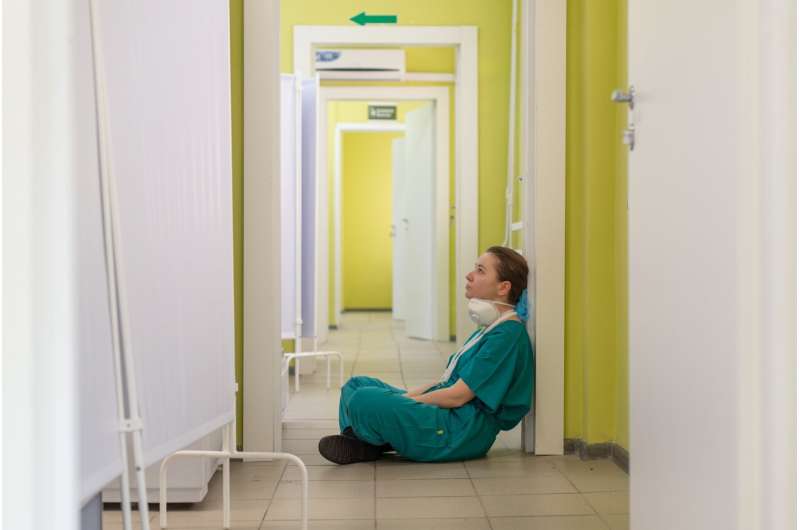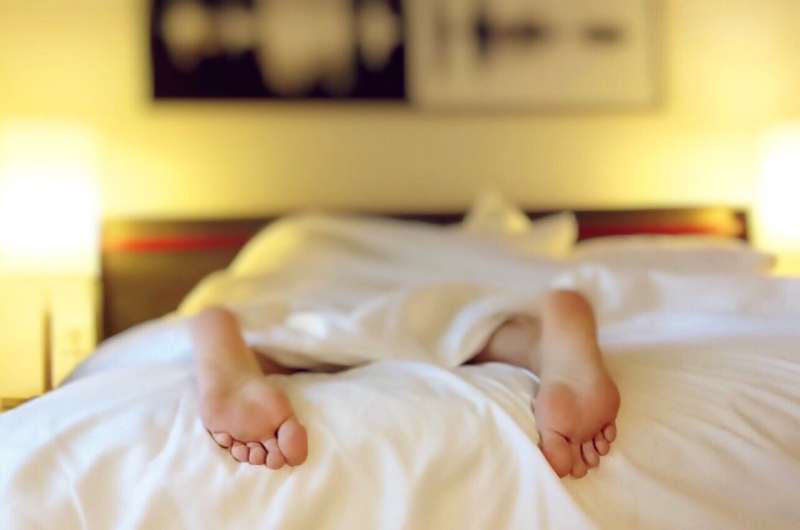The Dangers of Using Your Phone on the Toilet: Seven Health Risks

Discover the seven health risks associated with using your phone on the toilet and learn how to protect your digestive and overall well-being by keeping bathroom visits short and mindful.
Spending extended periods on the toilet while scrolling through your phone might seem harmless, but it can lead to several serious health issues. Research indicates that increased toilet time correlates with a higher risk of conditions such as hemorrhoids, anal tears, prolapse, pressure sores, hiatal hernia, nerve compression, and fainting.
1. Hemorrhoids: A study reveals that using a smartphone during bowel movements raises the risk of hemorrhoids by 46%. Typically, a healthy bathroom routine lasts 2-3 minutes, but many spend over five minutes while distracted, causing increased pressure on the blood vessels around the anus.
2. Anal fissures: Prolonged sitting can cause small tears in the anal lining, resulting in pain and bleeding. These fissures occur due to blood pooling and tissue overstretching caused by extended pressure.
3. Rectal prolapse: Sitting for too long can weaken pelvic muscles, leading to the rectum protruding out of the anus. An extreme case involved a man with nearly 14 centimeters of rectum outside his body after lengthy toilet sessions.
4. Pressure sores: Elderly individuals are especially vulnerable to skin breakdown from prolonged pressure, which impairs blood flow and damages tissues.
5. Hiatal hernia: Straining during lengthy bathroom visits may push part of the stomach through the diaphragm, leading to indigestion, chest pain, and other discomforts.
6. Nerve compression: Sitting too long can compress major nerves and blood vessels, causing numbness and, in rare cases, severe complications like gangrene.
7. Fainting: Straining and prolonged sitting can trigger vasovagal syncope—dizziness, lightheadedness, and fainting—due to sudden drops in blood pressure.
The healthier way to use the bathroom
To mitigate these risks, keep bathroom time brief. Some suggest that squatting may be more effective for bowel movements as it reduces strain, but it’s essential to balance techniques with overall health. Increasing fiber intake and staying hydrated can promote easier, healthier bowel movements, reducing the need for prolonged straining.
Avoiding distractions like phones during bathroom visits, and being mindful of duration, can significantly improve your digestive and overall health.
Source: https://medicalxpress.com/news/2025-09-health-conditions-toilet-bad-idea.html
Stay Updated with Mia's Feed
Get the latest health & wellness insights delivered straight to your inbox.
Related Articles
Identifying Workplace Burnout and Strategies for Addressing It
Learn how to identify the signs of job burnout and discover effective organizational and personal strategies to combat workplace stress and improve mental health.
The Long History and Modern Pursuit of Youth Through Cosmetic Surgery
Explore the centuries-old quest for eternal youth and how modern cosmetic surgery, driven by celebrity culture and social media, transforms this desire into a lucrative industry for the wealthy, raising questions about societal values and aging acceptance.
Understanding Hypnic Jerks: Why Do You Experience Sudden Twitching While Falling Asleep?
Hypnic jerks are common involuntary muscle twitches that occur as you transition from wakefulness to sleep, often causing sudden jolts and sensations of falling. Learn about their causes and how to manage them.



